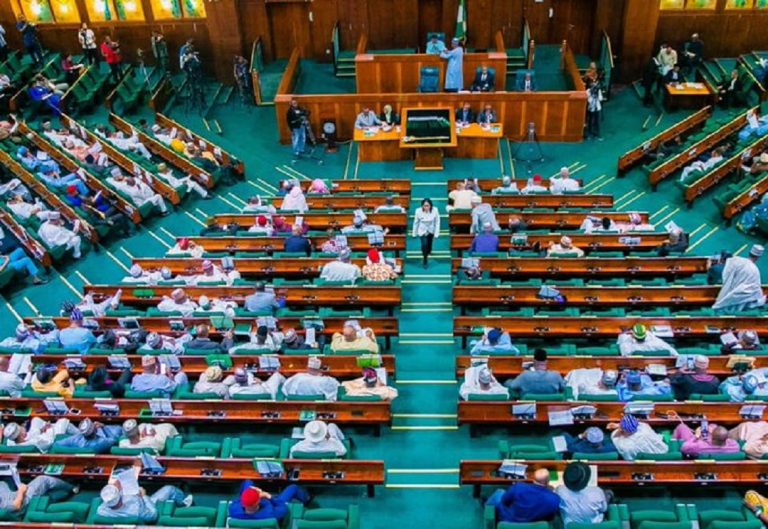
The House of Representatives has introduced the Counter Subversion Bill 2024, a piece of legislation that has quickly ignited controversy and widespread criticism across Nigeria.
The bill, sponsored by Speaker Tajudeen Abbas, proposes stringent penalties for Nigerians who fail to recite the national anthem, as well as for those who destroy national symbols or deface places of worship.
According to the bill, anyone found guilty of refusing to recite the national anthem could face a fine of N5 million, a 10-year prison sentence, or both.
Register for Tekedia Mini-MBA edition 19 (Feb 9 – May 2, 2026): big discounts for early bird.
Tekedia AI in Business Masterclass opens registrations.
Join Tekedia Capital Syndicate and co-invest in great global startups.
Register for Tekedia AI Lab: From Technical Design to Deployment (next edition begins Jan 24 2026).
According to the bill, “anyone found guilty of destroying national symbols, refusing to recite the national anthem and pledge, defacing a place of worship with intent to incite violence, or undermining the Federal Government shall face a fine of N5 million, a 10-year prison sentence, or both.”
The same penalties apply to those who destroy national symbols or places of worship, with the legislation further stipulating harsh punishments for a range of other activities deemed subversive.
For instance, setting up illegal roadblocks, performing unauthorized traffic duties, or organizing unlawful processions would carry fines of N2 million, five years in prison, or both.
It says: “anyone who sets up an illegal roadblock, performs unauthorized traffic duties, imposes an illegal curfew, or organizes an unlawful procession will be subject to a fine of N2 million, five years in prison, or both upon conviction”.
The bill also targets individuals who forcefully take over places of worship, town halls, schools, or other public or private premises, imposing fines of N5 million or 10-year prison sentences for such offenses.
“[any person who] forcefully takes over any place of worship, town hall, school, premises, public or private place, arena, or a similar place through duress, undue influence, subterfuge or other similar activities, commits an offence and is liable on conviction to a fine of N5 million or imprisonment for a term of 10 years or both,” it says.
Additionally, those who pledge loyalty to organizations that disregard Nigeria’s sovereignty could face fines of N3 million, four years in prison, or both.
While the bill is set for its second reading, where its general principles will be debated, it has already been met with significant opposition from various quarters. Critics argue that the bill is an attempt by lawmakers to repress the population rather than address the country’s pressing issues.
Many Nigerians have expressed outrage, accusing the legislators of failing to focus on critical matters such as economic challenges, security concerns, and infrastructure deficits. Some note that it’s disheartening that at a time when Nigerians are grappling with numerous difficulties, lawmakers are prioritizing a bill that seeks to punish citizens for not reciting the national anthem, describing it as a clear attempt to divert attention from the real issues.
The timing of the bill has also raised eyebrows, especially given the recent reversion to Nigeria’s old national anthem, which was signed into law by President Bola Tinubu in May. The newly re-adopted anthem, “Nigeria, We Hail Thee,” written by Lillian Jean Williams in 1959 and composed by Frances Berda, replaced the anthem that had been in use since 1978.
Critics have questioned whether this move, along with the proposed bill, is part of a broader agenda to impose stricter controls on the populace.
Public sentiment against the bill has been strong, with many viewing it as a distraction from the urgent need for legislative action on issues that directly affect the lives of ordinary Nigerians.
As the Counter Subversion Bill 2024 moves forward in the legislative process, the debate surrounding it is likely to intensify. Whether the bill will gain enough support to become law remains to be seen, but its introduction has already sparked a significant public outcry, with many saying that it highlights the growing disconnect between Nigeria’s lawmakers and the people they represent.



